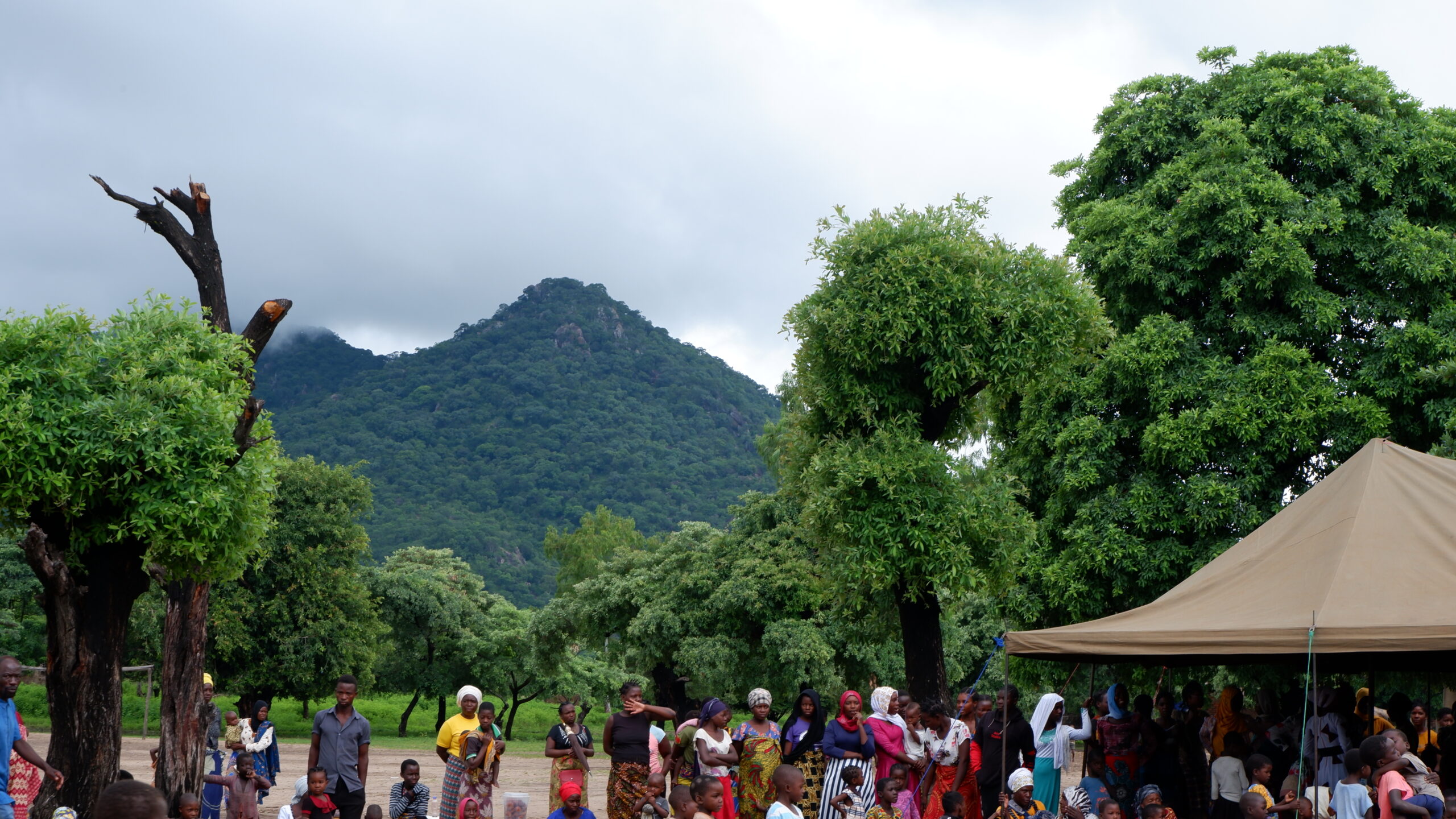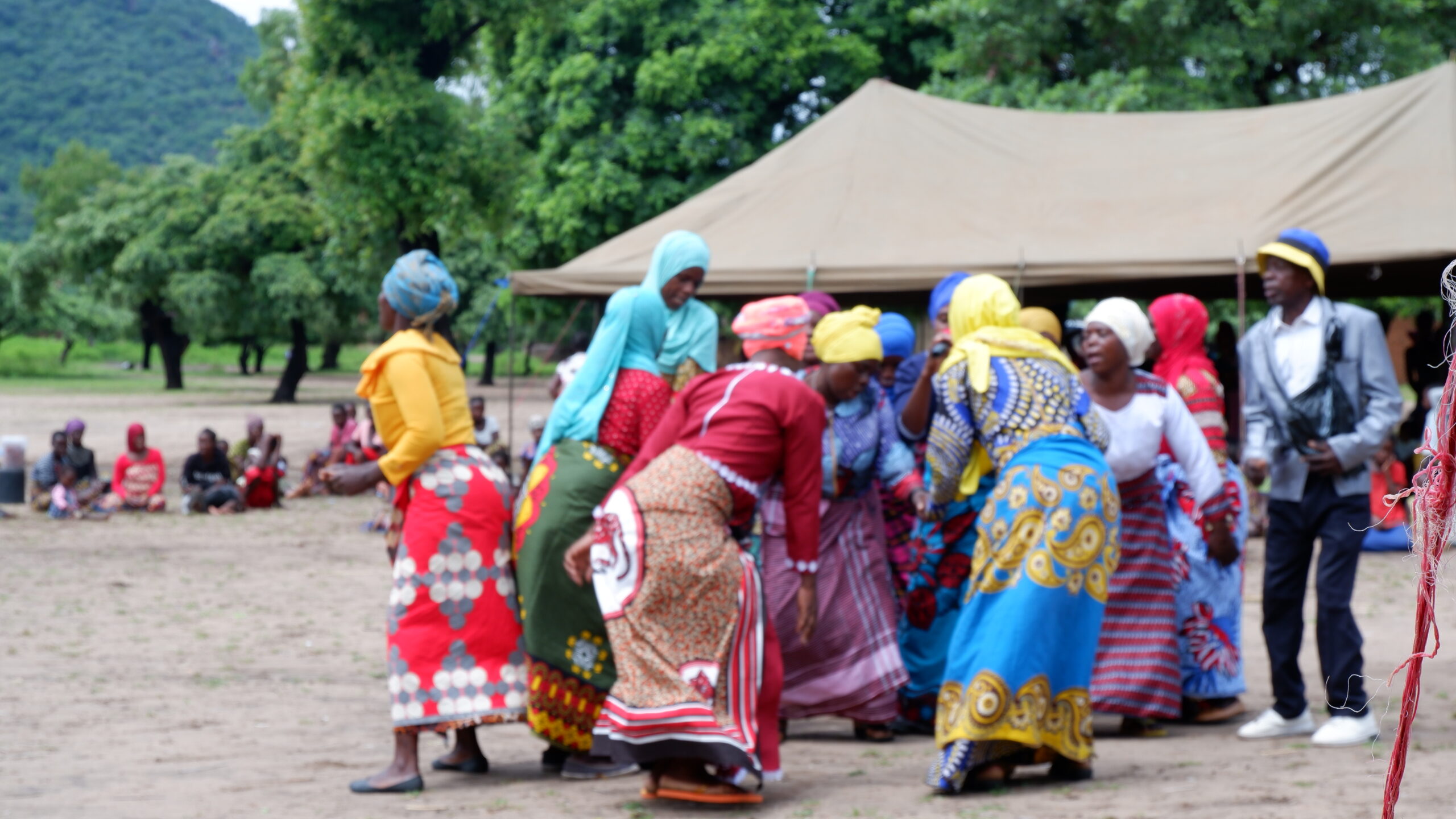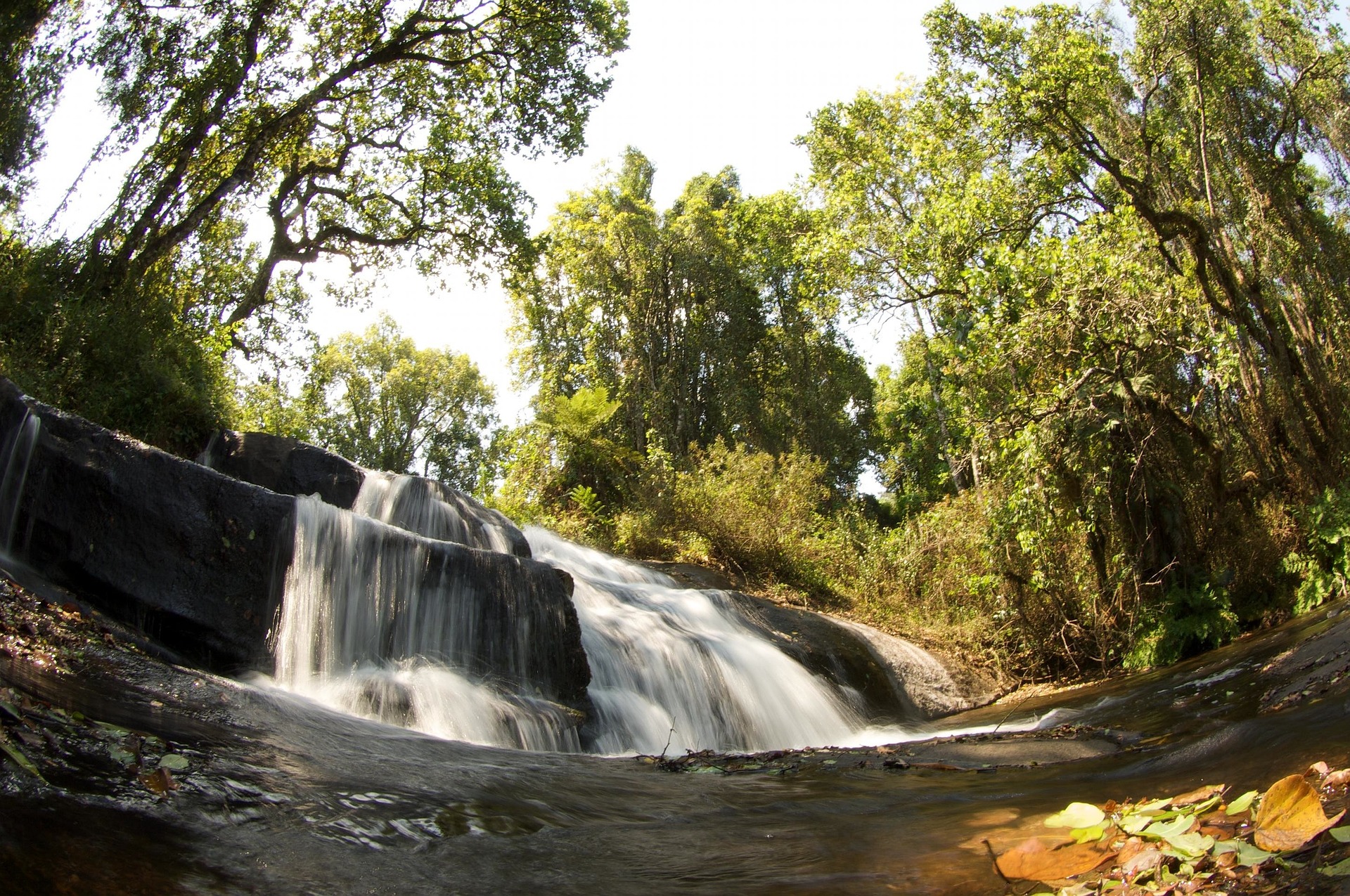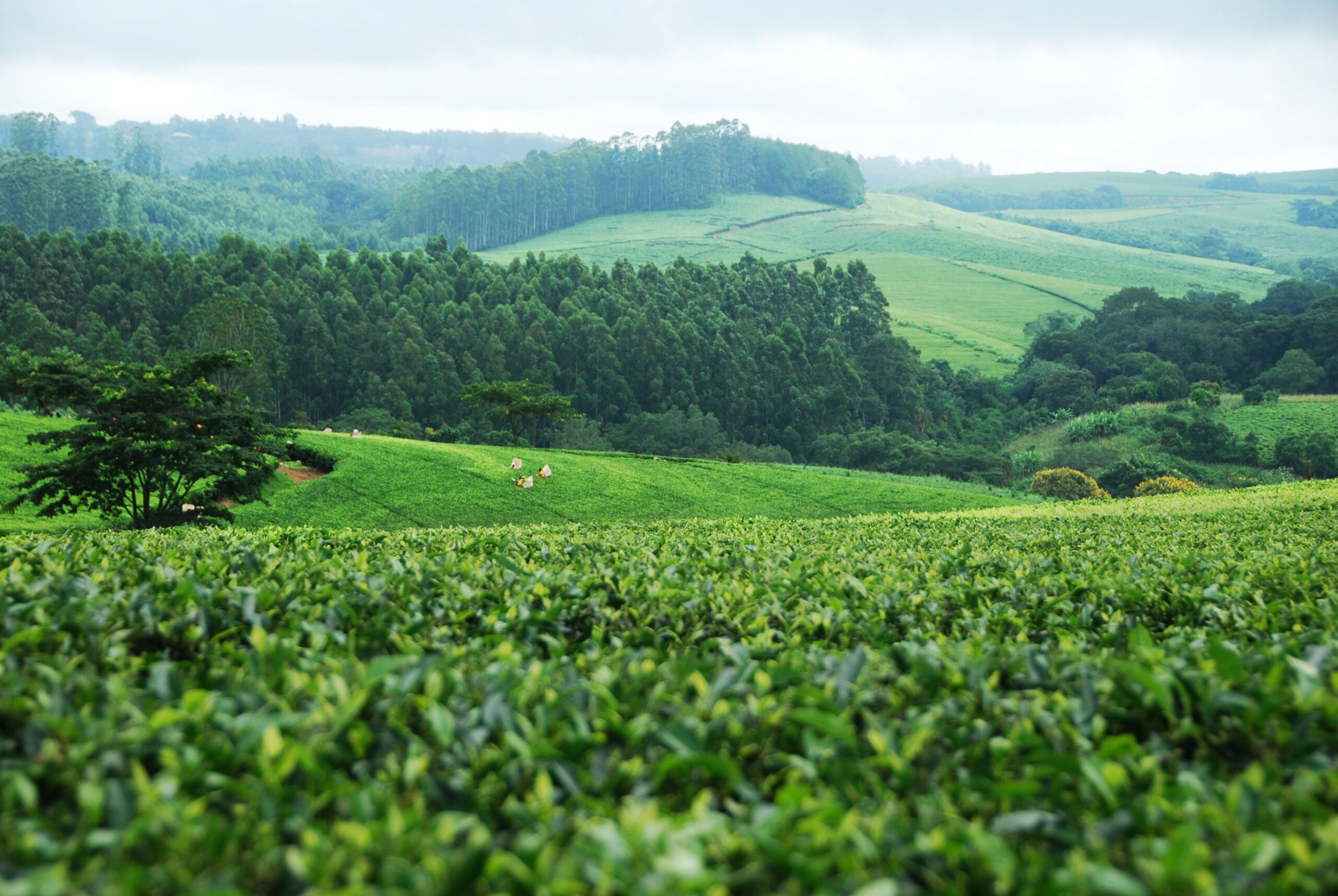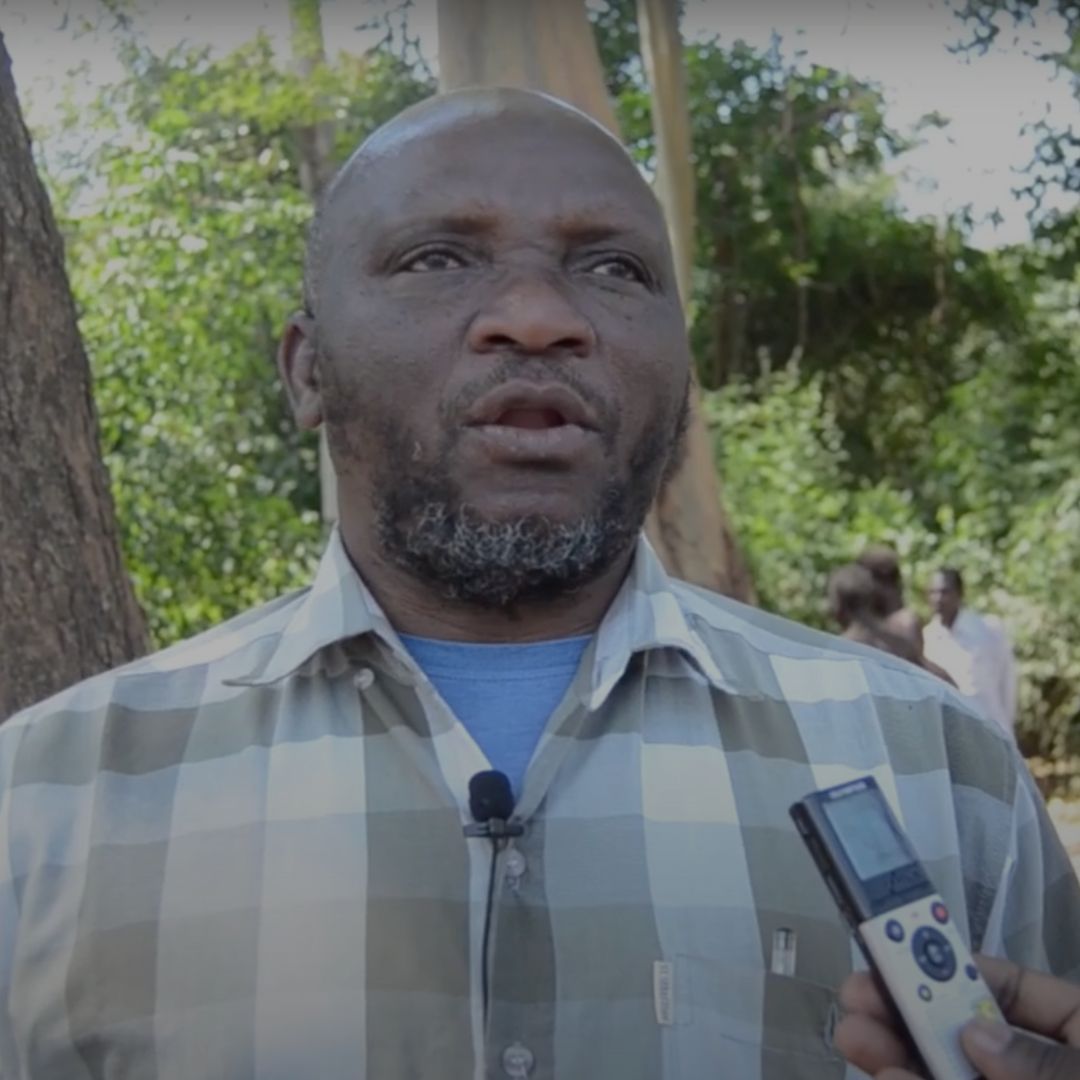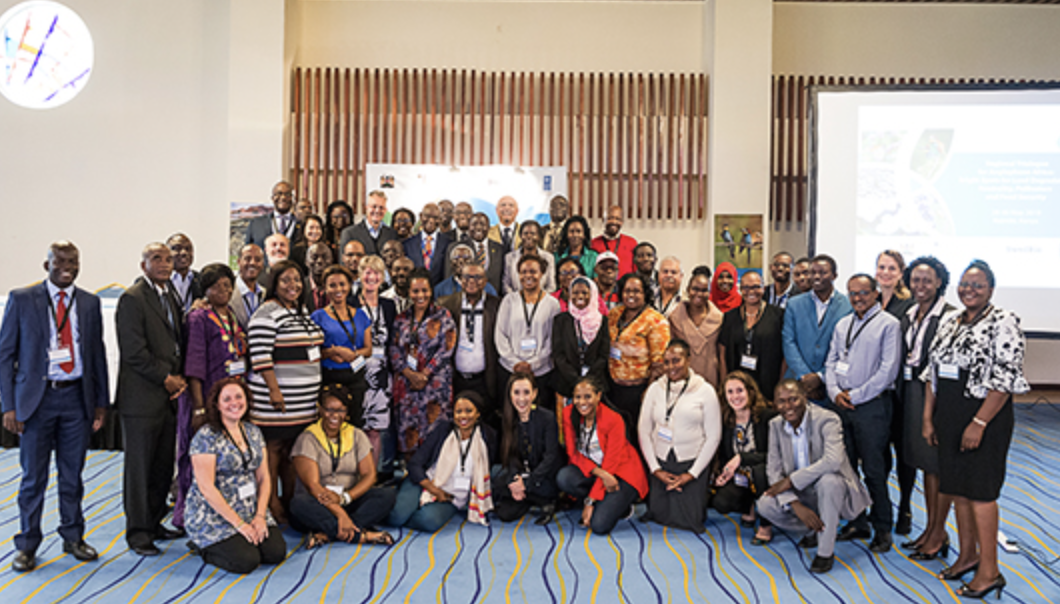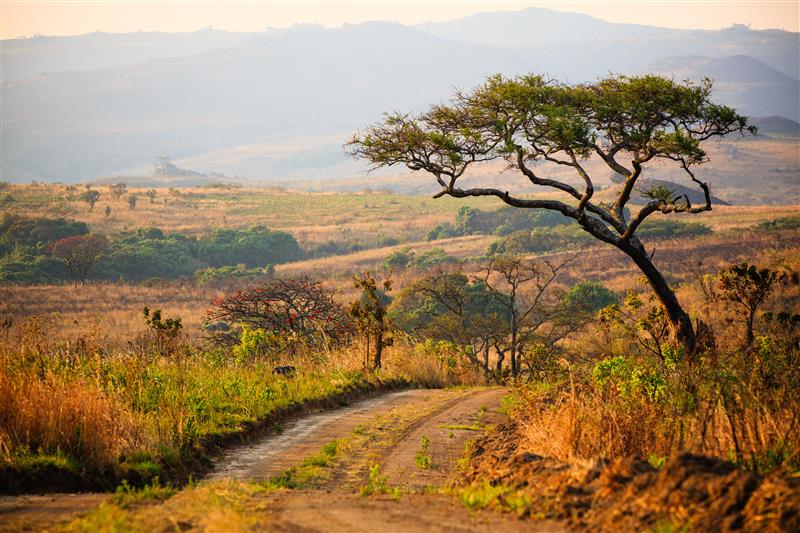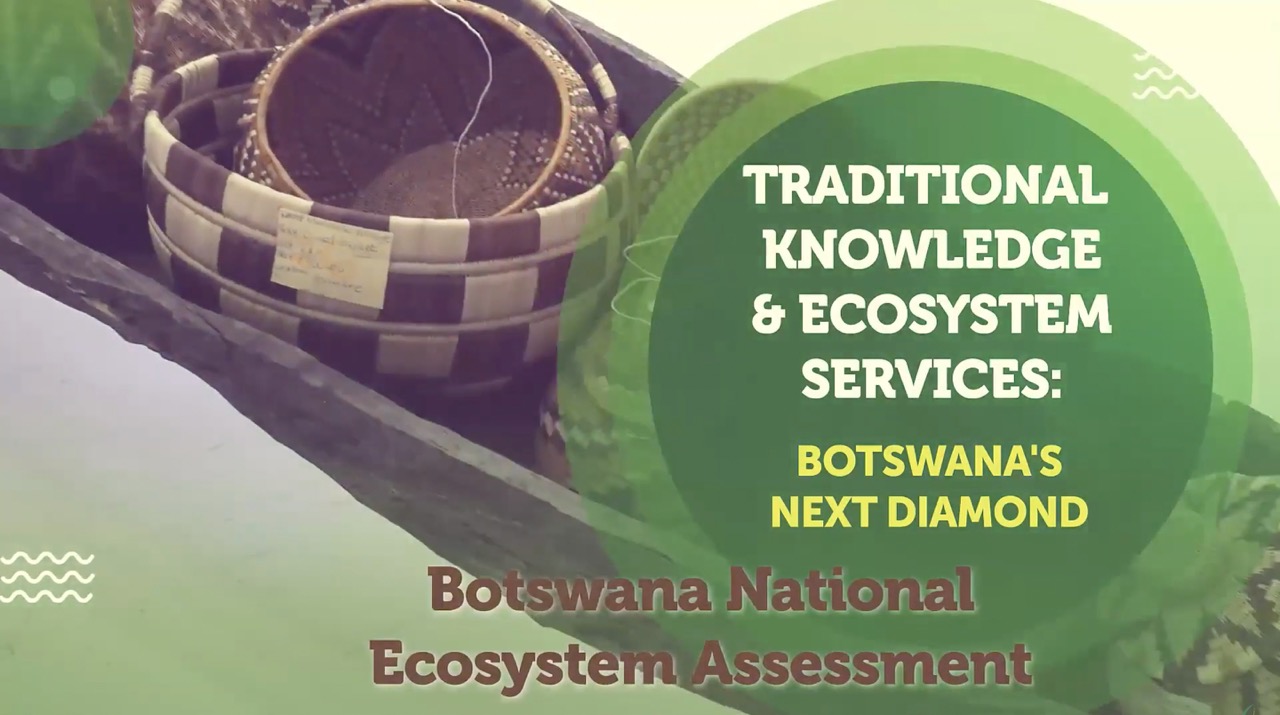2025 BES-Net Regional Trialogue for East and Southern Africa Background Document
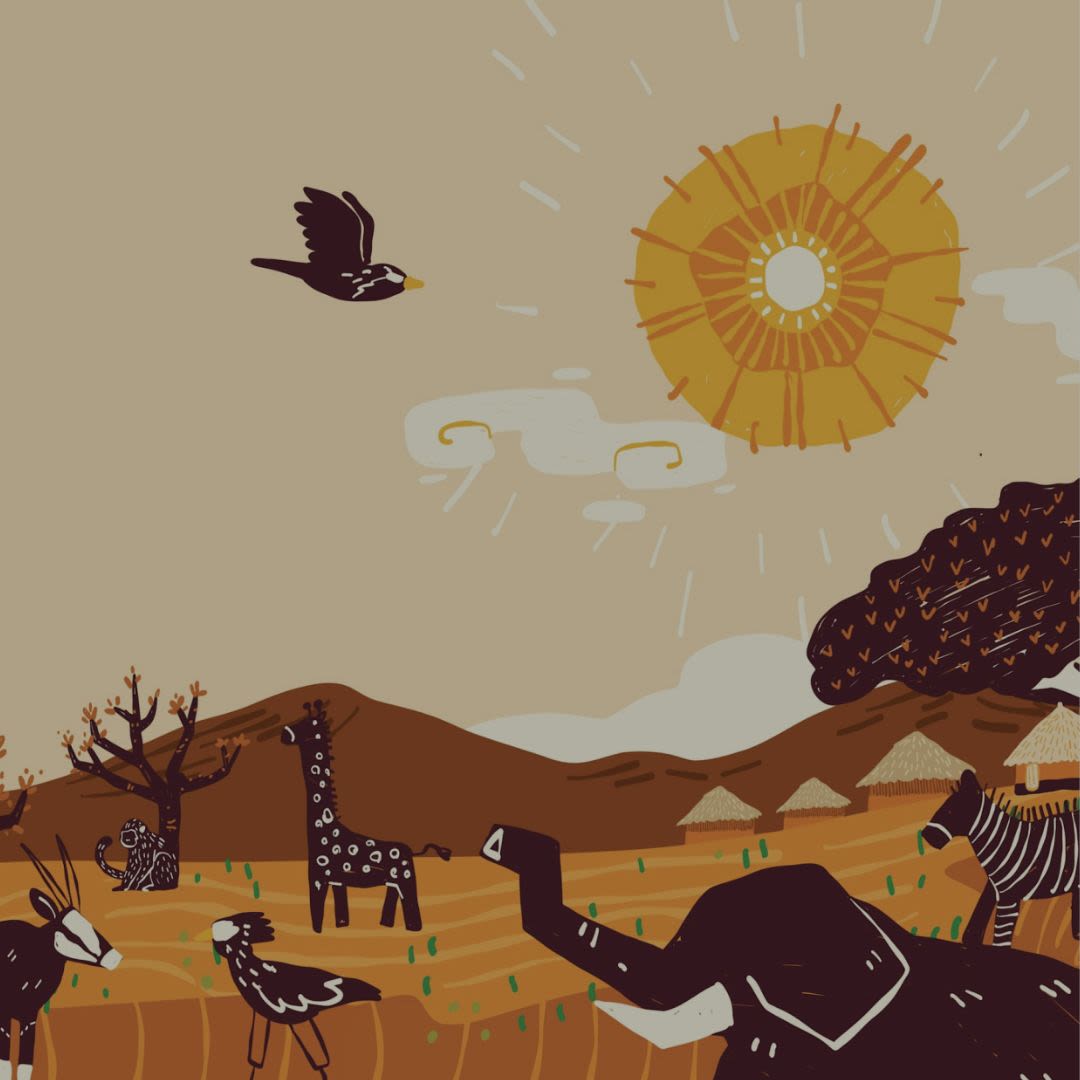
Biodiversity, the foundation of life on Earth, provides essential resources like food, water and raw materials, yet it faces significant threats. Invasive alien species (IAS) and unsustainable practices undermine this vital support system, jeopardizing livelihoods, cultures and the natural resilience we rely on. Global changes in land and sea use, climate change, pollution and illegal trade in wild species also drive biodiversity loss, with serious implications for human health and economic stability. Biological invasions are particularly harmful, causing significant, sometimes irreversible, changes to ecosystems and contributing to species extinction.
Of the 37,000 alien species introduced by humans, over 3,500 are IAS which pose serious risks to nature, economies, food security and human health, demonstrating the urgency of addressing IAS to protect both biodiversity and human well-being¹. Unfortunately, the introduction of new alien species is rising at a rate of approximately 200 per year, and the threats posed by IAS are escalating across all regions. If not addressed, impacts of IAS often continue long after their initial introduction, causing persistent and sometimes irreversible damage to ecosystems.



